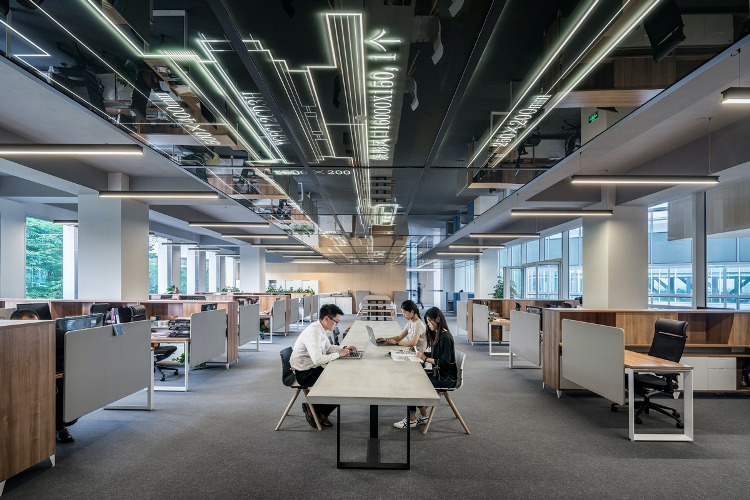According to ManpowerGroup‘s recent Employment Outlook survey for Q4 2021, the hiring intentions of the 45,000 employers surveyed are higher in annual comparison than in the last quarter of 2020. 14 of the 43 countries even report the highest intentions of the last ten years.
However, finding skilled talent remains a top challenge for employers worldwide with 69% reporting difficulty filling vacancies, constituting the highest rate of 15 years for the second consecutive quarter. The employers with the greatest difficulty are recorded in India (89%), Romania (84%) and Singapore (84%). And greek employers are struggling to find skilled talent with the percentage reaching 72% – the same percentage for EMEA countries.
In order to address the talent shortage, greek employers offer, based on the survey, a range of incentives to attract talent to their businesses, such as Education, Skills Development or Professional Guidance (55%), Flexible working hours (42%), High salary (39%) and Bonuses (29%)
On the other hand, globally the primary way to address talent shortages is to offer work flexibility (67%) both in terms of working hours and workplace, while 41% invest in training, skills development and mentoring.
Talent development and retention
In times of transformation and uncertainty, personal and technical skills are more important than ever for employees and leaders. Technical skills, personal skills and development programs for managers and senior management are important for talent development and retention priorities for HR teams.
Specifically, 42% of greek employers plan to adopt personal skills upskilling programs (e.g. time management, communication) lasting 6 weeks or less, 38% plan to implement development programs for managers and senior executives and 37% plan to invest in technical skills upgrade programs lasting 6 weeks or less.
As employers report, the biggest obstacle to increasing the implementation of skills development programs in their organization is money (33%), time (16%) and access to suitable partners to upgrade and develop human resources (12%).
Investing in existing talent
Holding people is the optimal economic solution in the long run, compared to the process of recruiting and educating young people. The cost of recruitment is 25% higher than the cost of holding.
If organizations invest in their existing human resources, they will not only create more skilled workers, but will save time and money. Investing in people is therefore an important way to keep an organization competitive.

